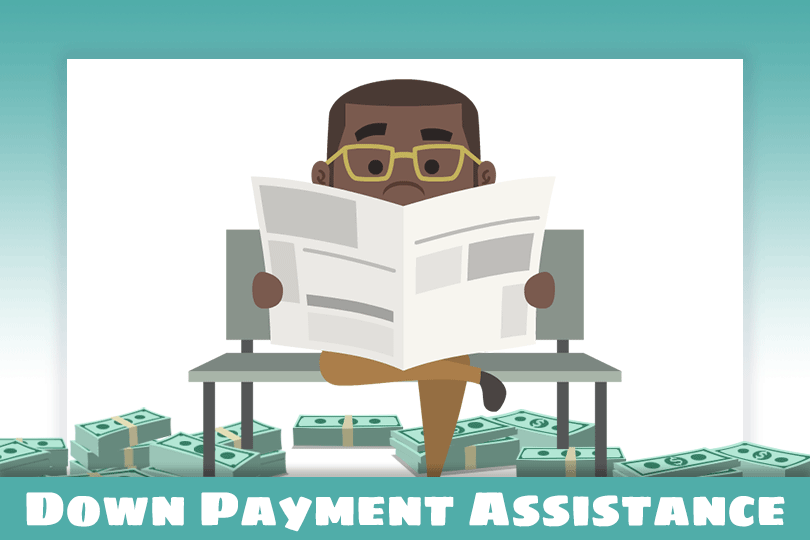The Three Types of Down Payment Assistance
March 24, 2021
As of 2019, 68% of homebuyers are making down payments of less than 20%. That means in addition to the chunk of money required upfront, borrowers need to pay additionally for the mortgage insurance, which is another deterrent to buying a home.
This is where Down Payment Assistance Programs come in. With the help of these programs, long time renters can make up the shortfall and purchase their first home. In addition, they can help potential homebuyers put down 20% on their home and avoid paying mortgage insurance.
Keep in mind that after the Housing and Economic Recovery Act of 2008, seller-funded down payment programs were outlawed. HUD rules state that anyone with a financial stake in the loan or its outcome may not offer any kind of down payment assistance. The law does, however, allow states and local government agencies to help borrowers finance their homes with second mortgages and grants.
Down Payment Assistance comes in three forms:
1. Grants
State and local agencies in addition to housing authorities offer eligible homebuyers down payment grants that can be put towards paying mortgage expenses like down payments and closing costs.
2. Second Mortgages
Many down payment assistance programs come in the form of a second mortgage with low- or zero-interest rates. These are usually deferred loans that need to be paid when the home is paid off, sold, or refinanced. In some cases, the loan is completely forgiven after a certain period.
3. MCC’s
A Mortgage Credit Certificate (MCC) is a tax credit issued by state or local government that allows a taxpayer to claim some portion of the mortgage interest paid. Keep in mind that this is not a tax deduction; it provides a dollar-for-dollar tax credit to homebuyers for the interest paid during a given tax year.
Buying a home is expensive enough as it is. Having a little help with the payments can go a long way. FHA.com has done some of the heavy lifting by compiling a list of Down Payment Assistance programs in all states. Look at the list find a program that will benefit you and bring you a step closer to owning your own home!
------------------------------
RELATED VIDEOS:
Consider the Benefits and Risks of a Joint Loan
Borrowers Should Know About the Origination Fee
Everyone Needs to Pay Their Property Tax

FHA Loan Articles
March 25, 2025What does it take to sell a house purchased with an FHA mortgage? Are there special rules, restricrtions, or added considerations? We examine some key questions and their answers to FHA real estate sales issues.
March 24, 2025If you are selling a home, you may need to negotiate with buyers to fund their purchases with an FHA mortgage. What do you, as a seller, need to know about FHA mortgages and how they may differ from conventional loans? We examine some common issues.
March 24, 2025How much do you really know about how FHA home loan interest rates are set and what factors influence them before your lender makes you an offer? We explore some key points about FHA loan rates, FICO scores, and debt ratios.
March 11, 2025Adding a co-borrower to your FHA is a way to offset fears that you won't qualify for the mortgage on your own. An FHA loan co-borrower with a more substantial financial profile may offset the primary borrower's weaknesses, demonstrating a reduced risk to the lender. But for an FHA loan, don't assume that one borrower with good credit scores can offset one with non-qualifying scores. We ask 20 questions about co-borrowing to help you better plan for your FHA loan.
March 10, 2025Even if you aren’t considering your home loan options right this second, it’s smart to know your options if you decide to pursue a new home later. To that end, using a mortgage calculator is a smart choice for setting some basic budgeting parameters as you plan your path toward home ownership. A mortgage calculator helps you plan for future financial scenarios, such as buying new or refinancing a current home.







